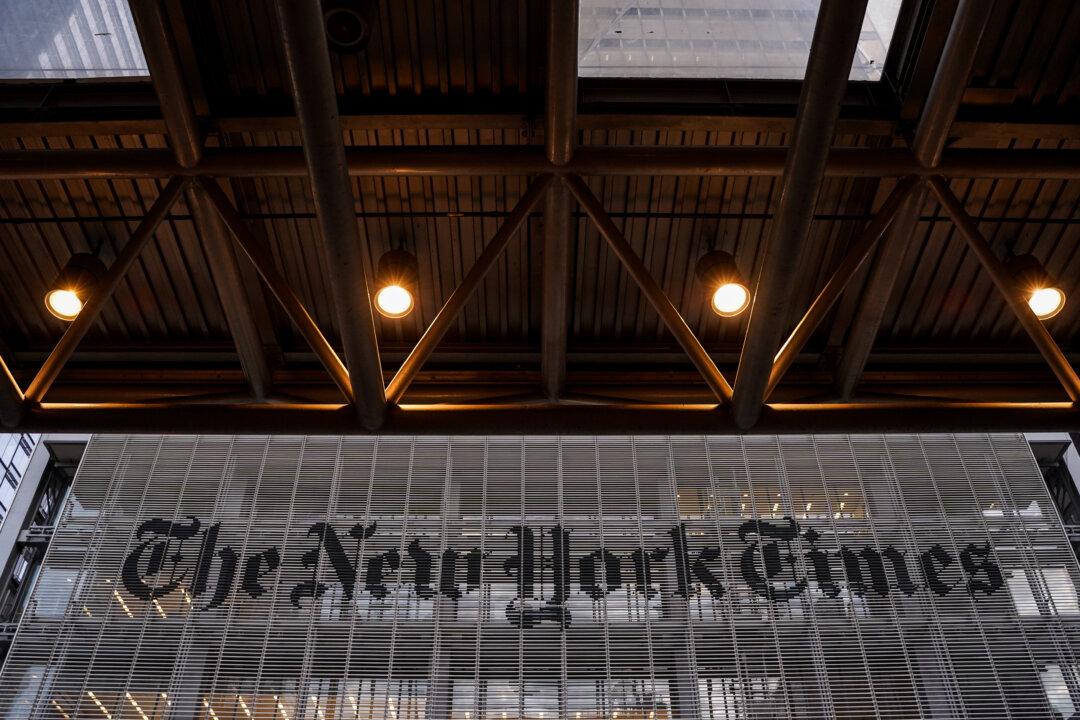A full-page advertisement that called for the world to hold the Chinese communist regime to account for the COVID-19 pandemic was pulled at the last moment by The New York Times in March 2020. The paper said the ad didn’t meet its standards, but the ad was pulled after it had already passed the paper’s vetting process. The businessman who paid for the ad suspects the paper’s ties to the Chinese Communist Party (CCP) played a role. He only revealed the details of the incident to The Epoch Times earlier this year.
The ad was scheduled to run on March 22, 2020. It was already approved, paid for, and even printed and distributed in some locations when the paper pulled the plug in the middle of the night, preventing the ad from being published in some of the paper’s main markets, including New York and Florida.





